As children head back to school, their foot health often takes a backseat to other priorities. However, regular foot screenings can help identify issues early, preventing long-term complications. Ensuring that children are wearing proper shoes and maintaining healthy feet can make a significant difference in their overall well-being, posture, and even academic performance. By taking a proactive approach, parents can ensure their children grow up with strong, healthy feet.
Why Are Foot Screenings Important?
Children’s feet grow rapidly, making them more susceptible to conditions like flat feet, misalignment, and overpronation. These conditions, if left untreated, can lead to significant discomfort and even mobility issues later in life. Foot screenings can help catch these problems early, ensuring corrective measures are taken before they become serious. Pediatric foot problems can affect a child’s ability to engage in physical activities, impact their posture, and even affect how they walk.
Common Foot Issues in Kids
Some common foot problems in children include:
- Flat Feet: Many children have flat feet, which means they don’t have a visible arch. While this can be normal, untreated flat feet can lead to pain in the feet, knees, and back as a child grows.
- Ingrown Toenails: This painful condition occurs when the toenail grows into the skin, often due to improperly trimmed nails or tight shoes. It can become infected if not treated promptly.
- Plantar Warts: Caused by a virus, plantar warts can be uncomfortable, especially when located on weight-bearing areas of the foot.
- Overpronation: This occurs when the foot rolls inward excessively while walking or running, leading to imbalance and potentially causing knee or hip pain.
Regular screenings help detect these conditions early, allowing for timely intervention and the prevention of more severe problems.
How Podiatrists Conduct Foot Screenings
During a foot screening, a podiatrist will assess a child’s foot structure, gait, and overall foot health. These screenings may include:
- Visual Examination: The podiatrist looks for any visible abnormalities in the foot structure, such as misalignment or swelling.
- Gait Analysis: The way a child walks can reveal a lot about foot health. A gait analysis helps identify issues like overpronation or uneven weight distribution that may not be immediately noticeable.
- X-rays: If necessary, X-rays can provide a detailed look at the bones and joints in the foot, helping diagnose conditions like fractures or severe misalignments.
- Assessment of Footwear: Often, the wrong type of shoe can contribute to foot problems. Podiatrists check the wear patterns on a child’s shoes and may recommend different footwear to better support growing feet.
The Role of Proper Footwear
Proper footwear is essential for children, especially during the school year when they spend many hours walking and running. Shoes that are too tight or lack proper arch support can exacerbate or cause foot issues. When selecting shoes for children, it’s important to look for:
- Arch Support: Shoes with proper arch support prevent conditions like flat feet or overpronation.
- Toe Room: Shoes should have enough room at the front to allow toes to move freely, reducing the risk of ingrown toenails.
- Durability: Children are active, so shoes should be sturdy enough to withstand wear and tear without breaking down too quickly.
A podiatrist can recommend the right type of shoe based on a child’s unique foot structure and needs, helping ensure their feet remain healthy throughout the school year.
When Should You Schedule a Foot Screening?
While a child may not complain about foot discomfort, it doesn’t mean there aren’t underlying issues. A good rule of thumb is to schedule foot screenings annually, particularly around the back-to-school season. However, you should seek a podiatrist’s help sooner if you notice:
- Persistent pain in the feet, knees, or back.
- Difficulty walking or running.
- Unusual wear patterns on shoes (such as excessive wear on one side).
- Visible deformities, like bunions or flat feet.
The Benefits of Early Detection
Foot health issues detected early through screenings can often be corrected with non-invasive treatments, such as orthotics, physical therapy, or proper footwear. Early intervention can help prevent chronic pain, mobility issues, and posture-related problems that can develop over time. By investing in your child’s foot health now, you can ensure they grow up with fewer complications later in life.
Moreover, children who are free of foot pain or discomfort are more likely to stay active, which is crucial for their overall physical development. Active kids tend to have better endurance, coordination, and strength, all of which contribute to a healthier lifestyle.
Final Words
As children return to school, it’s important to prioritize their foot health. Regular foot screening can detect issues early, helping parents take proactive steps to maintain their children’s overall well-being. A small investment in foot screenings now can prevent a lifetime of potential complications.
For expert pediatric foot care and advice, contact Steady Gait Foot Clinic in Scarborough. Schedule a foot screening today and take the first step toward better foot health for your child.
